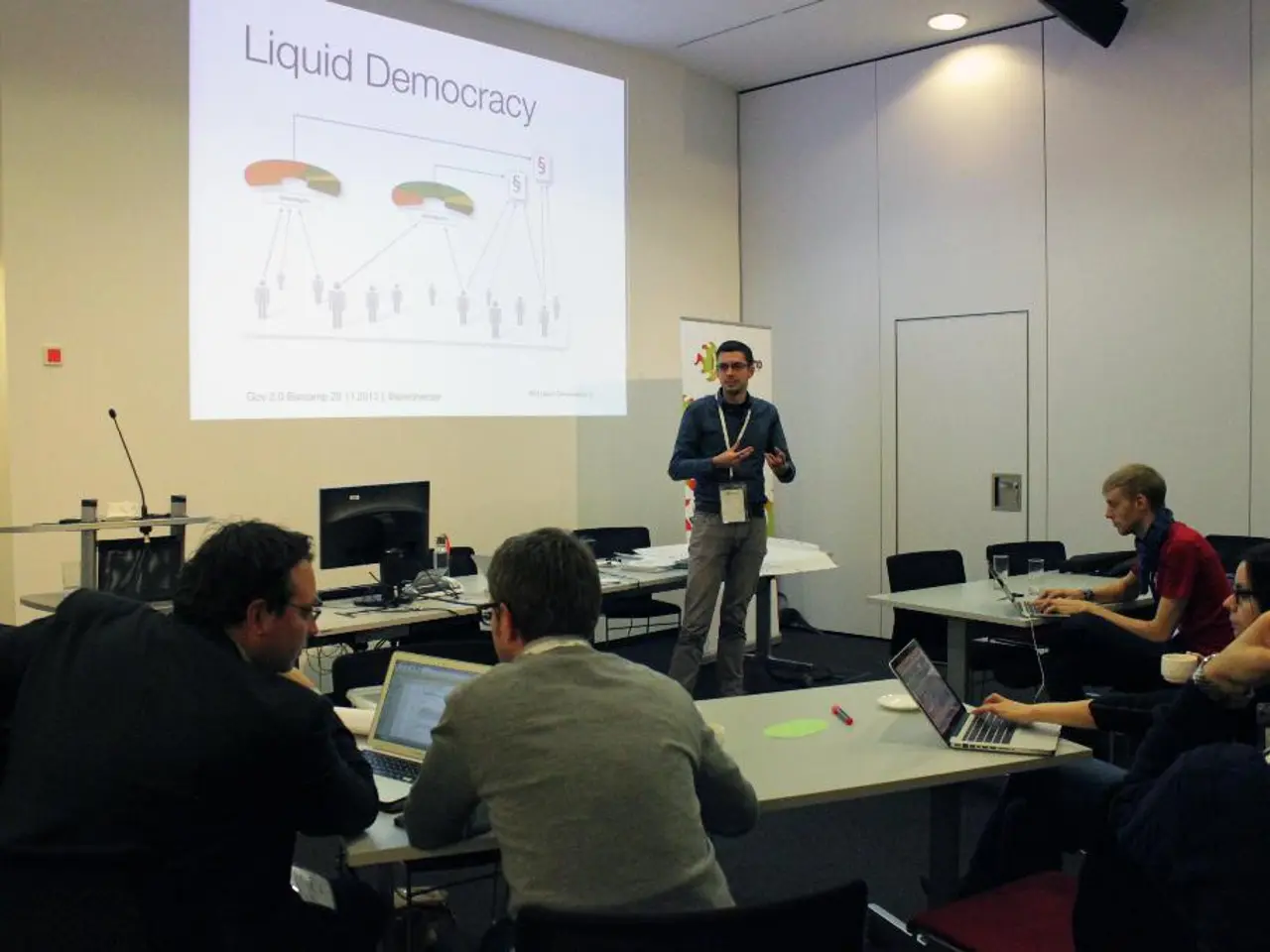Physicist Raúl Rabadán appointed as the new head of CNIO, replacing María Blasco who was previously in charge.
The National Cancer Research Centre (CNIO) has a new scientific director: Raúl Rabadán.
After a tumultuous period under the leadership of its previous scientific director, Blasco, the CNIO has selected Rabadán as its new leader. The selection process for the new director began on April 10, and Rabadán was chosen after an international competition.
The election of Rabadán could serve to restore the damaged image of the CNIO, which was tarnished by a scandal involving Blasco. At least twelve workers and scientists at the centre accused Blasco of despotic behavior that, in some cases, bordered on xenophobia and racism. The scandal involved the use of CNIO funds for a program called CNIO Arte, the receipt of an additional salary, and the attempt to convert her contract into an indefinite one. As a result, Blasco was eventually removed from her position.
Rabadán, a physicist and bioinformatician, is well-respected in the scientific community. He is the author of over 230 peer-reviewed scientific publications and has been in the top 1% of highly cited researchers for several years. His research at Columbia University in New York has led to the identification of driver alterations and mechanisms of resistance to therapy in brain tumours, and in several types of leukaemia and lymphomas. His work has been published in high-impact journals such as 'New England Journal of Medicine', 'Nature', 'Science', 'Cell', 'Nature Medicine', and 'Nature Genetics'.
Rabadán's strategy for the CNIO focuses on the application and development of new digital and computational technologies. This connection aims to boost the national and international impact of the centre and facilitate the capture of private funds. He also establishes international connections to enhance collaborative cancer research, foster innovation, and integrate global expertise into Spain's National Cancer Research Center. The committee valued Rabadán's strategy to connect the CNIO with other scientific centers, universities, and companies in Spain, Europe, and the United States.
Nine of the candidates for the position were working as researchers in the US at the time. A total of 25 candidates applied for the position. The selection committee for the new director was chaired by the Secretary of State for Science, Juan Cruz Cigudosa. More than half of the high-ranking researchers at the CNIO signed a report calling for Blasco's dismissal due to the accumulation of anomalies.
Rabadán's research and leadership style may help the CNIO to regain its reputation as a leading centre for cancer research. With his focus on digital and computational technologies, international connections, and collaborative research, Rabadán aims to improve cancer diagnosis, treatment, and prevention.
Read also:
- Understanding Hemorrhagic Gastroenteritis: Key Facts
- Stopping Osteoporosis Treatment: Timeline Considerations
- Tobacco industry's suggested changes on a legislative modification are disregarded by health journalists
- Expanded Community Health Involvement by CK Birla Hospitals, Jaipur, Maintained Through Consistent Outreach Programs Across Rajasthan








